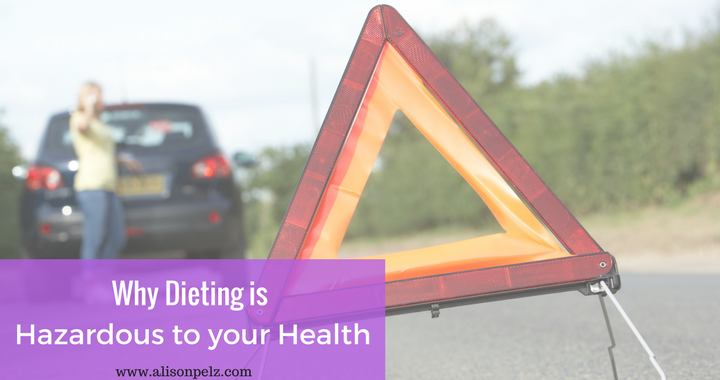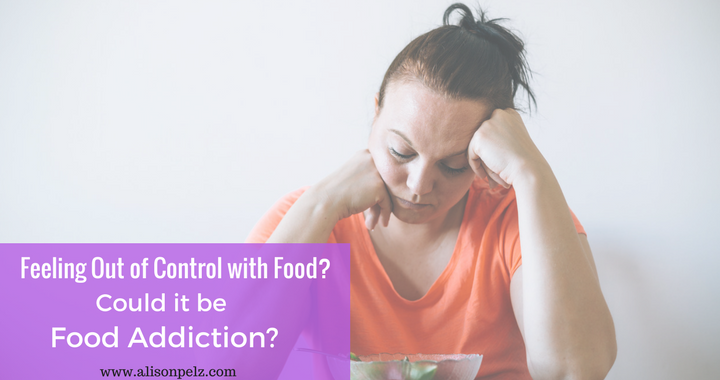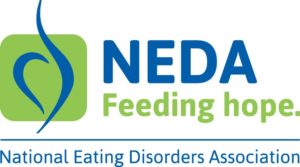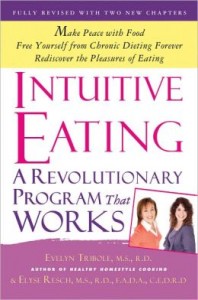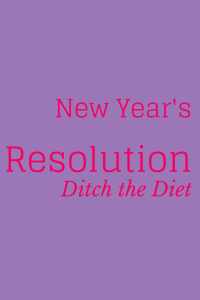We are knee-deep in the diet culture. Messages about what we should and shouldn’t eat are everywhere: social & print media, TV, on food labels and even well-meaning friends and family.
We forget that food is necessary to survive. Food is not optional. Dieting makes us think we can go without carbohydrates, fats or other food groups. But, we just can’t. Food and eating are not about willpower, it is about biology.
Dieting leads to food preoccupation
The most basic function of our brain is to keep us alive. When our basic needs are not being met, our bodies experience stress. Our brain sends us alerts to get us what we need. Most diets aren’t sufficient in energy (calories) or macronutrients (carbohydrates, protein & fat). Therefore, our brains alert us that we need to eat.
Continue reading
